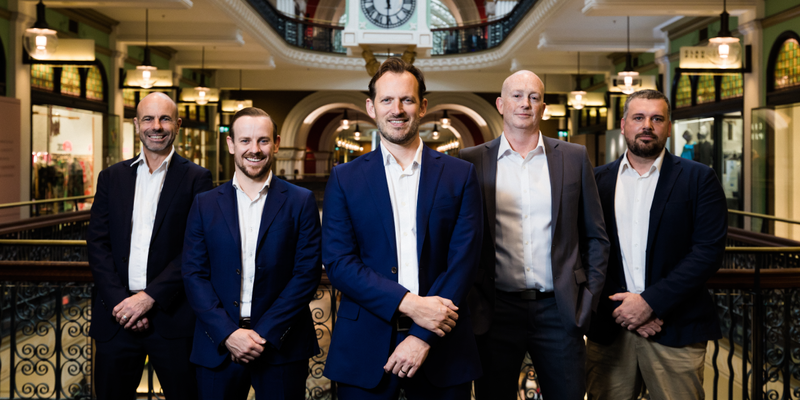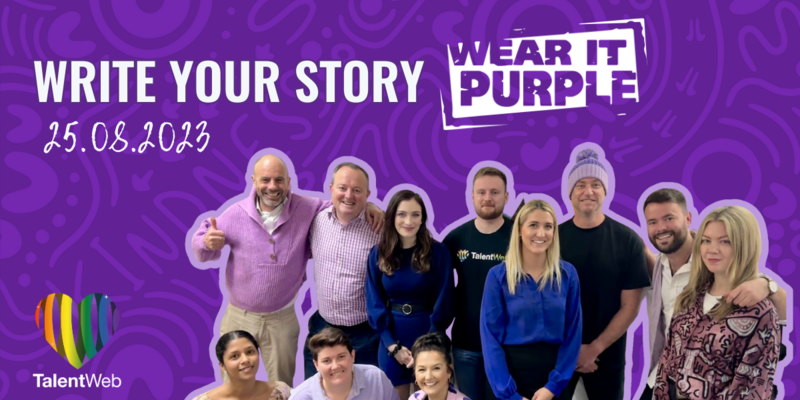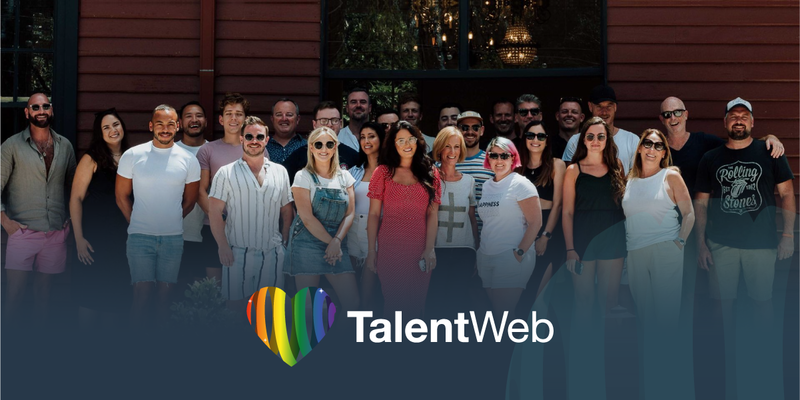
December 23, 2023
Phone interviews are used by employers or recruiters to get an initial idea of whether you’re right for the job and to find out a bit more about you. Every employer will ask different questions but we’ve compiled a few of the top phone screening questions to help you prepare for your next phone interview.
1. Can you Tell Me About Yourself?
Most employers will open by asking you to tell them a little bit about yourself. This question is intentionally open-ended and can seem like an invitation to give them your life story. While it’s good to briefly mention your background, employers are really looking to get an overview of your professional experience and how that relates to the role.
Keep things focused on your professional life and provide a brief recap of what has led you to apply for the position. Begin by outlining your education and how you started in your career before moving on to discuss your current or most recent job. There will be time to dive into specifics later, so for now try to keep things general and list the main beats in your professional life, as in the example below.
“I studied marketing at university and was always interested in the FMCG sector. After my studies, I began my career with my current employer, where I have worked my way up from a junior role into my current position overseeing the marketing strategy for the Greater Sydney region. I’m now looking for a new challenge and want to take on greater responsibility in a more senior role.”
2. Why Are You Applying for This Position?
Next, employers will usually ask what has led you to apply for this job. They do this for two reasons – to see if you are serious about the role and to find out whether you’re a good match for the company. It pays to have done some prior preparation and research about the business and have the job description at hand to refer to.
This is your chance to dive deeper into what drew you to the job and what you find interesting about it. Wherever possible, try and make reference to specific points in the job description and tie these back to your interests and career goals. Doing so will show the employer you have thought seriously about what the job entails and why it appeals to you.
For example, “I see in the job description that this role will involve managing a large team and breaking into new markets. This is exactly the kind of challenge and responsibility I am looking for in my next role and I am excited about the opportunities it presents.”
3. What Is Your Expected Salary?
This is the question every applicant dreads in a phone interview and it is one that you can be sure employers will ask. Some jobs will have a salary range listed when you apply, but for others you will be going in blind. If the salary is not listed, take some time before the interview to do some research on the market rate for that position to give you an idea of what the employer is looking to pay.
Before the interview, make sure you are happy with the salary on offer, especially the lower limit of the range as this is where employers will look to start. If a job is advertised at $65,000-75,000 per annum but you won’t settle for less than $70,000, make sure to mention this in your answer and be firm.
It is tempting to give the employer the answer you think they want to hear but at the end of the day you need to be happy with the salary. If you answer in the higher end of the range, be prepared to make reference to specific skills or experience you will bring to the role that justify a higher pay.
4. Can You Talk Me Through Your CV?
Depending on the length of the call, your interviewer may ask you to give them more detail about specific items in your CV. Again, you don’t want to give them a full rundown of every single day you worked in a previous job. Keep your answers relevant to your core responsibilities and accomplishments in the role and try to tie these back to the position you are interviewing for.
The following is an example of how to do this. “I was in that role for three years and was responsible for generating leads and sales across our core product line. I led the company in sales throughout those three years and helped to lift our bottom-line revenue by 10% over the period that I was in the role.” Taking this approach will give some concrete examples of your performance and give the interviewer an idea of how you will perform with their company.
5. Why Do You Want to Work Here?
This question is similar to the one about why you are applying for the position but is focused more on the company instead of the job itself. Prior preparation is crucial here to show the interviewer that you are serious about the role and have given proper thought as to why you want to work there.
Do some research into the company’s history and operations and read some of their latest news or press releases. If the role is in an industry you currently work in, then you probably have a good idea of the company’s position in the marketplace.
Refer to specific aspects of the company that appeals to you – whether that be their policies, their products or their culture. You could say something like, “I really admire your organisation’s approach to work-life balance and your history of innovation. Both of these are incredibly important to me and I’m excited about the opportunity to work for an organisation that is as committed to them as I am.”
Framing your answer in this way will show that you have done your research and will help position you as a natural fit for the job.
Summary
A good phone interview will help an employer get a better idea of your suitability for a role and hopefully help you do the same. While the process will vary between interviewers, this blog should have given you a good idea of what to expect and how to best answer the most common questions.
If you are looking for a new role or just want some more interview tips, get in touch with a member of our TalentWeb team. We are a recruitment agency based in the heart of Sydney, with a network of leading employers across eight core areas of expertise. Make the most of your next job search and partner with an agency that can connect you with the best jobs in your industry.











